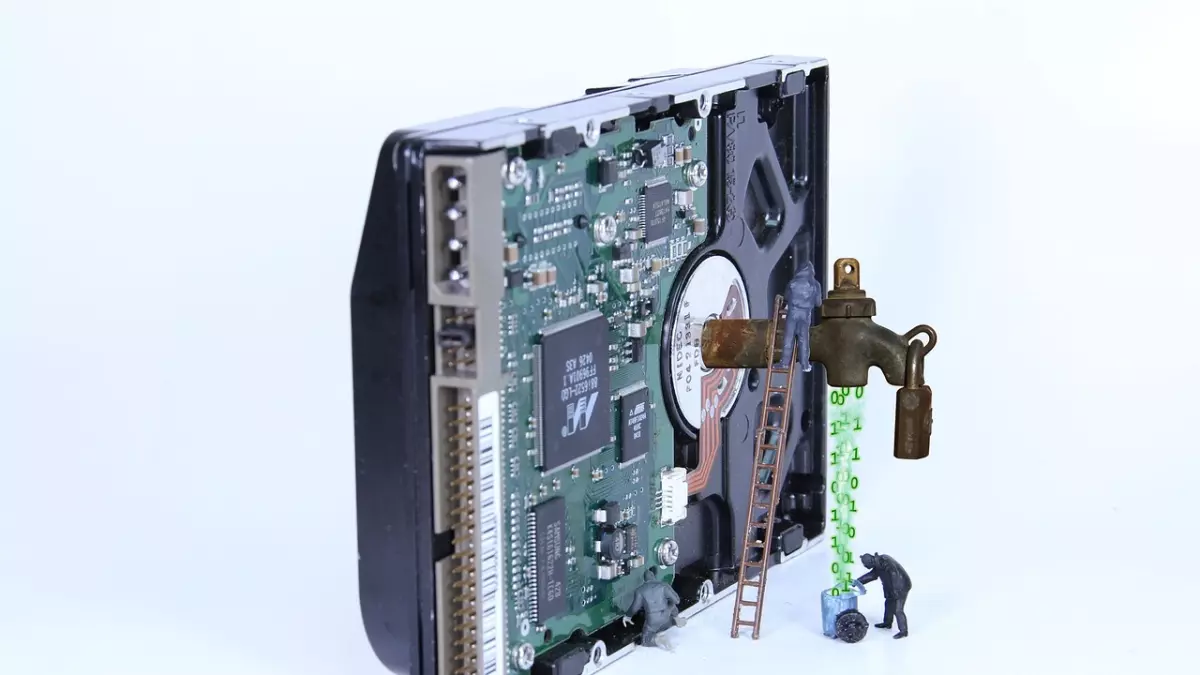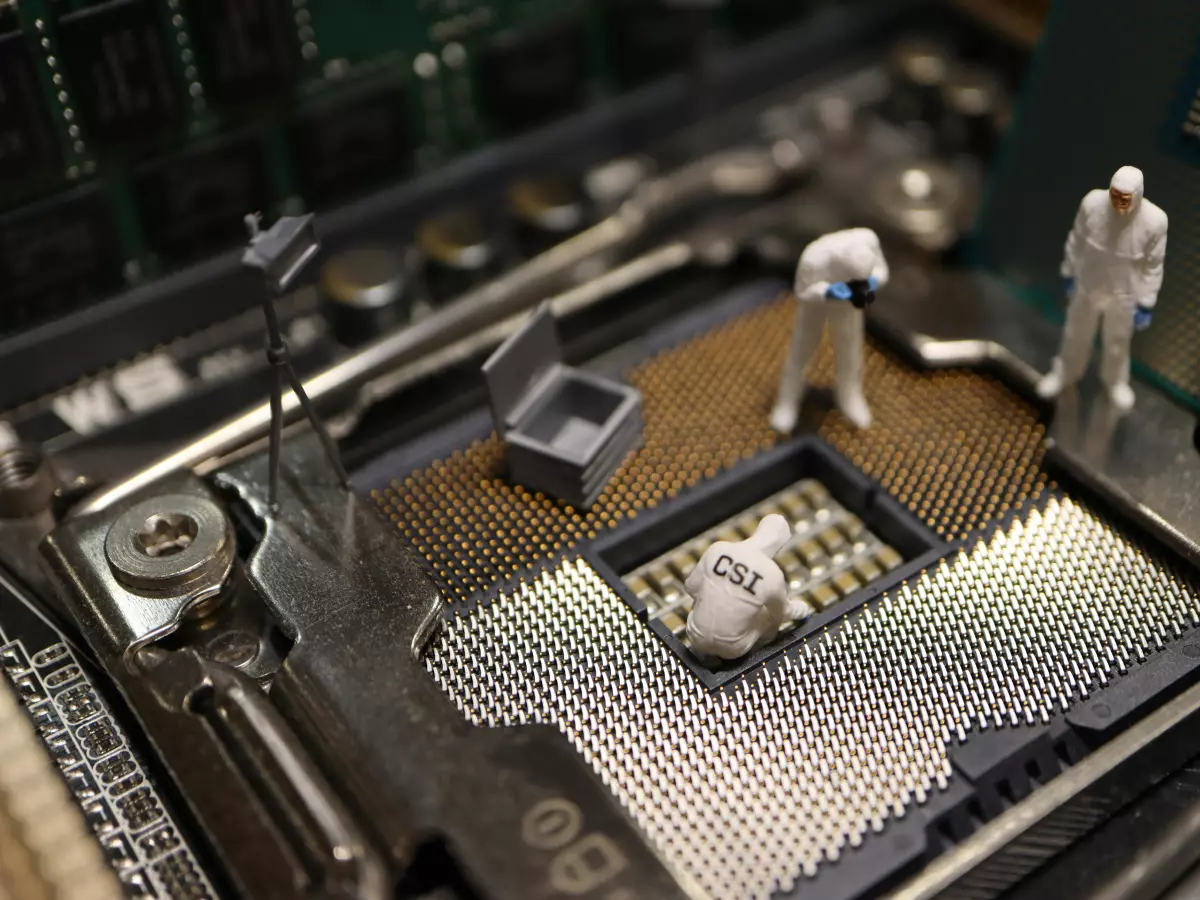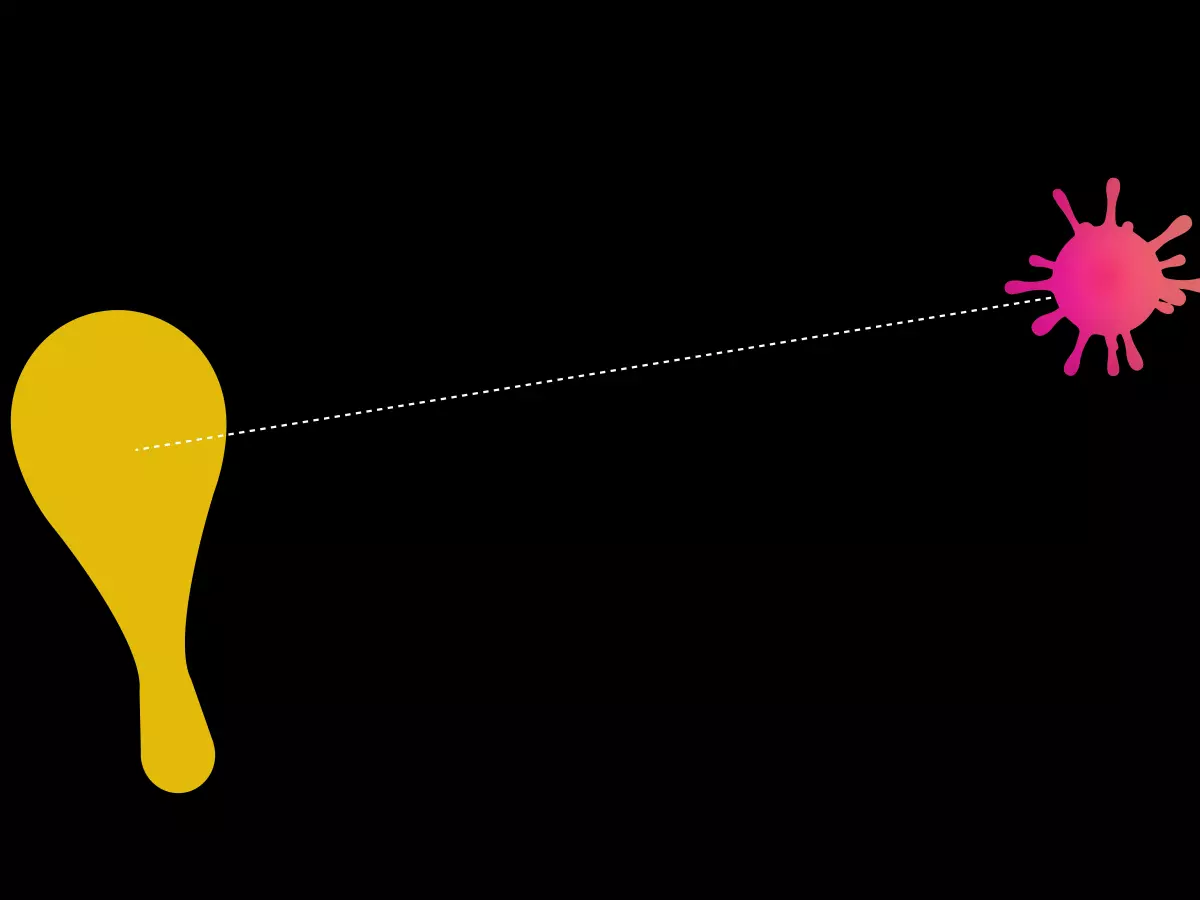Data Exfiltration
Imagine this: you're sipping your morning coffee, scrolling through your inbox, and suddenly you get a notification that your personal data has been compromised. Scary, right? But here's the kicker—this isn't some dramatic Hollywood plot. It's data exfiltration, and it's happening every day to people just like you.

By Wei-Li Cheng
So, what exactly is data exfiltration? In simple terms, it's the unauthorized transfer of data from your network to an external source. Think of it like a digital heist, where hackers sneak into your system, grab your sensitive information, and quietly slip out without you even noticing. And no, it's not just some far-off, sci-fi scenario—it's a real and growing problem in the world of cybersecurity.
Now, you might be thinking, "Okay, but why should I care?" Well, data exfiltration can lead to some pretty nasty consequences. We're talking about identity theft, financial loss, and even corporate espionage. If you're running a business, the stakes are even higher. A single data breach could cost you millions in fines, not to mention the damage to your reputation. And if you're just an average Joe? Well, losing your personal data could mean a long, painful process of reclaiming your identity.
How Does Data Exfiltration Happen?
Alright, let's break down how these cyber thieves pull off their digital heists. Data exfiltration can happen in a variety of ways, but here are some of the most common methods:
- Phishing Attacks: You've probably heard of these before. Hackers send you an email that looks legit, tricking you into clicking a malicious link or downloading an infected attachment. Once you do, they gain access to your system and start siphoning off your data.
- Malware: This is another classic. Hackers use malware to infiltrate your system, often disguising it as harmless software. Once it's in, the malware quietly collects your data and sends it back to the attacker.
- Insider Threats: Sometimes, the threat comes from within. Disgruntled employees or contractors with access to sensitive data can steal it and sell it to the highest bidder. Scary, but true.
- Weak Network Security: If your network security is weak, you're basically leaving the front door open for hackers. They can exploit vulnerabilities in your system to gain access to your data and exfiltrate it without you even knowing.
Why Is Data Exfiltration So Dangerous?
Okay, so we know how it happens, but why is data exfiltration such a big deal? Well, for starters, it's incredibly hard to detect. Hackers are getting smarter, and they're using more sophisticated techniques to fly under the radar. By the time you realize your data has been stolen, it's often too late.
Another reason data exfiltration is so dangerous is because of the sheer volume of data that can be stolen. We're not just talking about a few files here and there. Hackers can exfiltrate gigabytes—or even terabytes—of data in a single attack. And once your data is out there, it's nearly impossible to get it back.
How Can You Protect Yourself?
Alright, so now that we've sufficiently freaked you out, let's talk about what you can do to protect yourself from data exfiltration. Here are a few key strategies:
- Use Strong Encryption: One of the best ways to protect your data is to encrypt it. This makes it much harder for hackers to steal your information, even if they manage to get into your system.
- Implement Network Monitoring: Keep an eye on your network for any suspicious activity. If you notice any unusual data transfers, it could be a sign that someone is trying to exfiltrate your data.
- Train Your Employees: Human error is one of the biggest causes of data breaches. Make sure your employees are trained to recognize phishing attacks and other common tactics used by hackers.
- Limit Access to Sensitive Data: Not everyone in your organization needs access to sensitive information. Limit access to only those who absolutely need it, and regularly review who has access.
At the end of the day, data exfiltration is a serious threat that isn't going away anytime soon. But by staying vigilant and implementing strong cybersecurity practices, you can protect yourself—and your data—from falling into the wrong hands.
So, next time you're sipping your coffee and scrolling through your inbox, remember: it's not just about keeping your password safe. It's about keeping your entire digital life secure.
What's Next?
As hackers continue to evolve their techniques, cybersecurity experts are working on new ways to detect and prevent data exfiltration. Stay tuned for more updates on the latest tools and strategies to keep your data safe.





